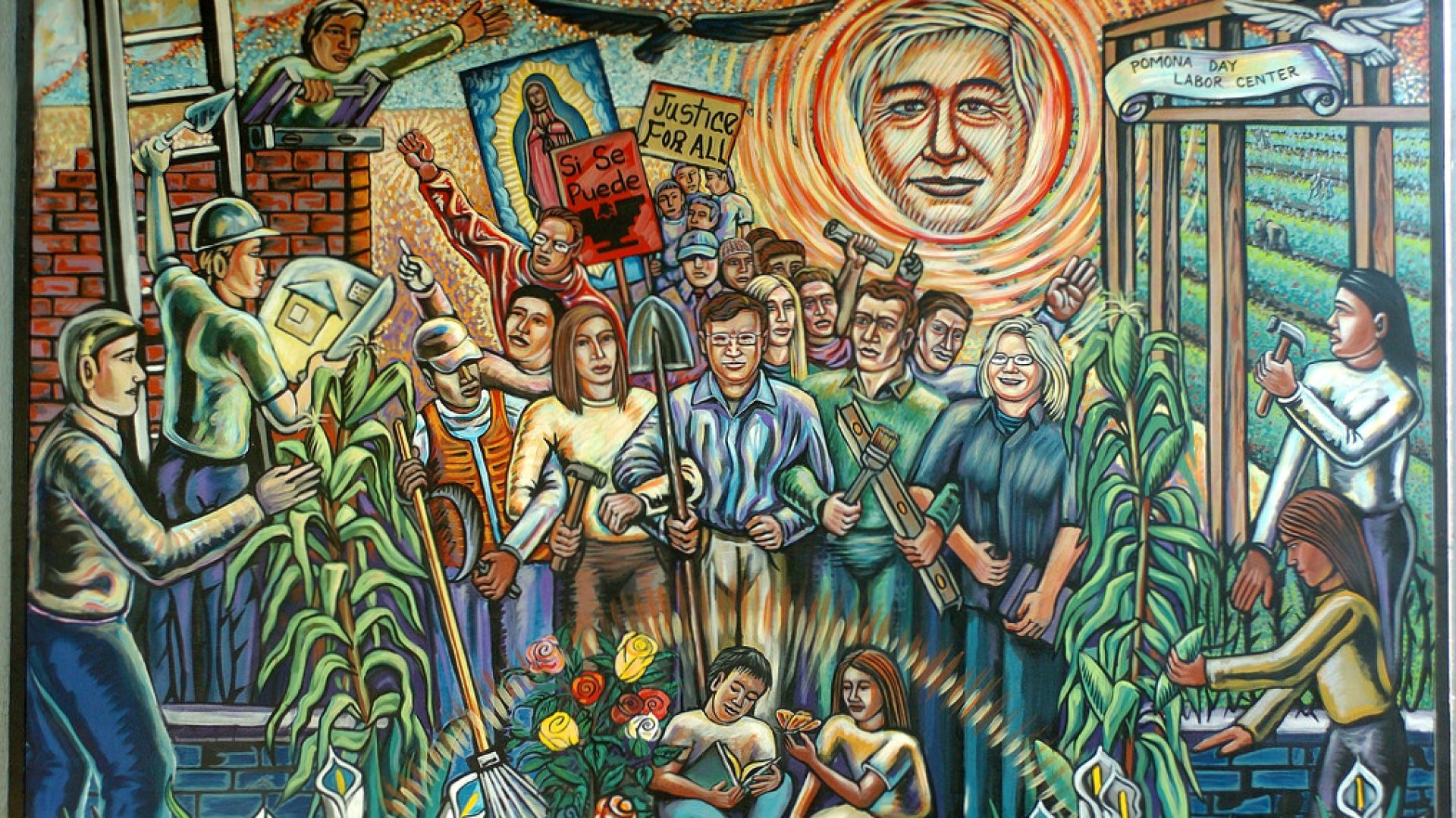This video is about the deportations and raids that led to the case. It is also the reason why Pomona Day Labor Center got involved with this lawsuit. The video was made and produced by Suzanne Foster with support from Benjamin Wood and other Inland Empire immigration rights activists.
Historic Agreement Ends Deceitful Immigraton Practices
Agreement also establishes crucial border enforcement reforms
A historic settlement agreement results in significant changes to U.S. Border Patrol and Immigration and Customs Enforcement (ICE) practices known as “voluntary return” (or “salida voluntaria”) in Southern California. Federal immigration officers throughout this region must now treat people who have been detained fairly and institute a number of procedural protections to safeguard their rights.
The agreement also includes provisions that were approved by a federal judge on February 25, 2015, which provide a way for noncitizens who were swiftly expelled from Southern California to Mexico by a “voluntary return” to apply to return to their families here.
In López-Venegas v. Johnson, the plaintiffs charged federal immigration officers with regularly pressuring, coercing, or misinforming non-citizens to sign documents waiving their right to fight their case before a judge and in doing so, abusing the voluntary return process and violating fundamental Constitutional rights.
Noncitzens who “accept” voluntary return are usually deported to Mexico within hours, even if they are otherwise eligible for forms of immigration relief that would allow them to reside legally in the United States. For example, all nine of the named plaintiffs in López-Venegas would have had strong claims to remain here with their families if they had not been pressured into taking voluntary return. This is why it is critically important that immigrants refuse to sign voluntary return documents unless and until they have fully considered the consequences of doing so and all other legal options.
The class action component of the settlement could reunite many families that were torn apart by unfair voluntary returns. People who meet the class requirements will be permitted to return to the United States in the same legal status they had before they were pressured into taking voluntary return.
Settlement’s Key Reforms
Immigration agencies were required to make concrete changes in how they handle voluntary returns as of the end of August 2014. Border Patrol and ICE must now:
-
Absolutely refrain from pressuring or coercing any immigrant to accept voluntary return
-
Give each immigrant detailed information—in writing and orally—about what it really means to choose voluntary return
-
Maintain a 1-800 hotline detailing individual rights and the consequences of taking voluntary return
-
Absolutely refrain from pre-checking the box selecting “voluntary return” on the signature forms used to implement voluntary retur
-
Allow each immigrant to:
-
use a phone
-
provide each individual with a list of legal service agencies
-
allow each immigrant two hours to reach someone before that immigrant must decide whether to take voluntary return
-
-
Provide attorneys meaningful access to clients detained by Border Patrol or ICE.
ACLU attorneys will monitor ICE and Border Patrol’s compliance with these settlement terms for three years to ensure accountability.
ACLU has lead this historic settlement and will take care of your case if you qualify
Follow this Link to ACLU or find more information on our pages below
Voluntary Return Settlement Do I Qualify? 4 Things To Know First Background of the Case

